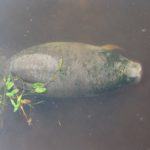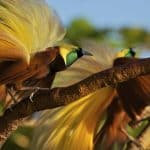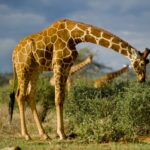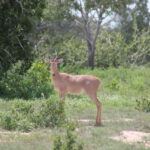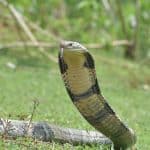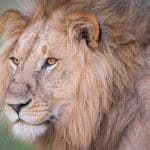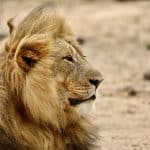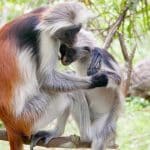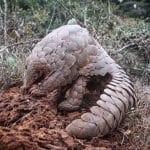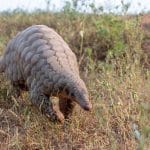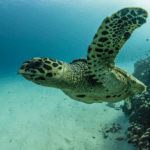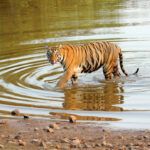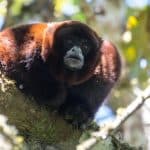This innovative endeavor meets the great need for electricity in remote field stations, and combines cutting-edge technology with wildlife conservation and sustainable environmental practices.
Learn MoreIt’s amazing what you can get done if you don’t care who gets the credit.
Extended Network
We strive for open collaboration with conservationists outside of our Partner Network; we welcome and appreciate what all conservationists do for wildlife.
Below are some organizations we encourage you to learn more about.
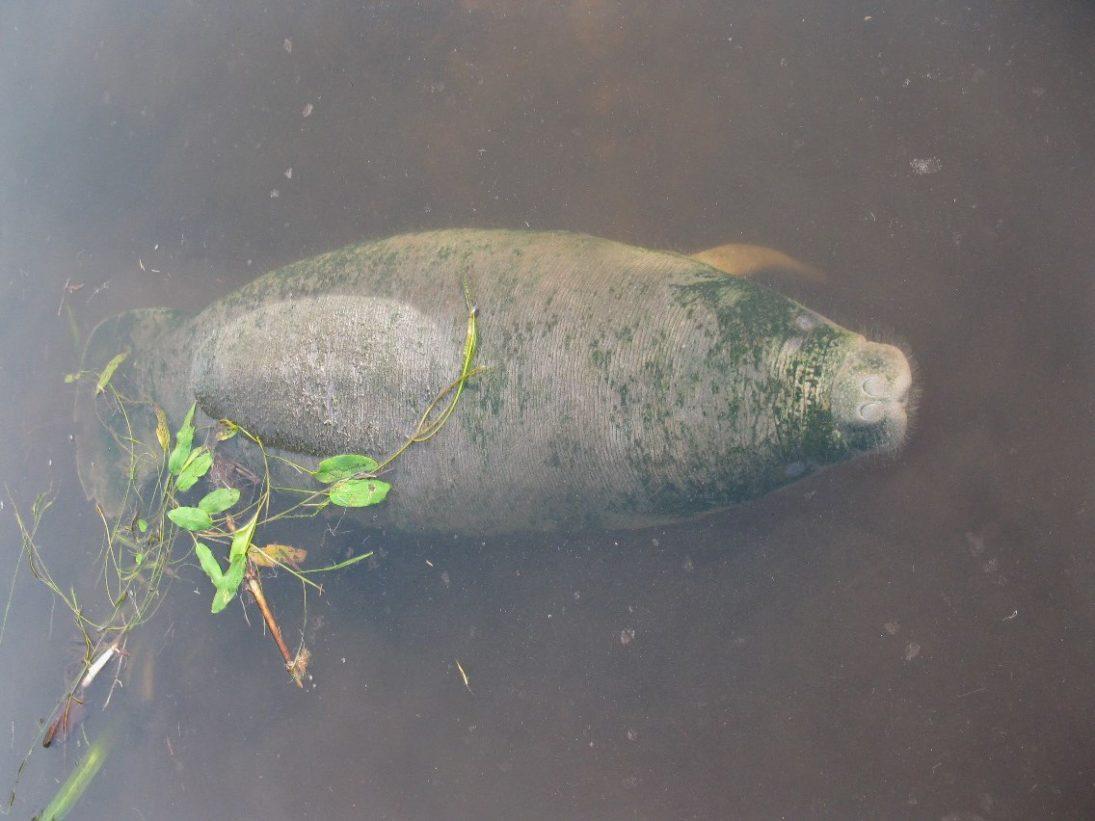
African Manatee
African Manatee
Organization: African Marine Mammal Conservation Organization
Location: Cameroon
The mission of African Marine Mammal Conservation Organization is to contribute to the protection of the aquatic megafauna and their habitats in Central Africa by improving the scientific knowledge and involving fishers and other stakeholders into sustainable fisheries and responsible watershed-use. Aristide Takoukam Kamla, the President and founder of AMMCO, was a WCN Scholar and spoke at WCN’s Expo in 2018. Donate to support African manatees.

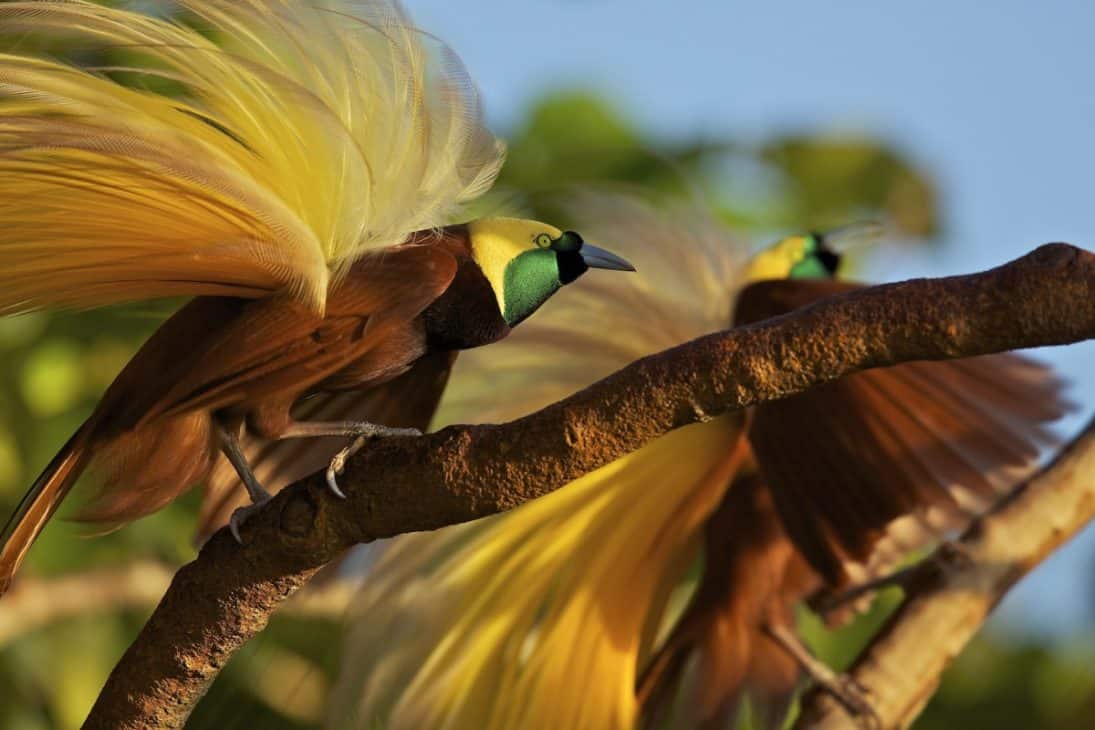
Birds of Paradise
Birds of Paradise
Organization: EcoNusa Foundation
Location: Indonesia
Yayasan Ekosistem Nusantara Berkelanjutan (EcoNusa Foundation) was founded as an Indonesian nonprofit organization in 2017. Their goal is to promote sustainable and equitable management of the natural resource-rich regions in eastern Indonesia. One species group of focus is the iconic Birds-of-Paradise. With their colorful feathers, enchanting dances, and beautiful chirps amidst the serenity of Eastern Indonesia’s tropical rainforests, birds-of-paradise have mesmerized people for centuries. Unfortunately, several species of birds-of-paradise are threatened with extinction, due to deforestation and land conversion into plantation, mining, and other uses. From 1990 to 2019, the size of forests in Tanah Papua, Indonesia dropped from 33 million hectares to now only nearly 2 million hectares. EcoNusa secures the rights and livelihoods of Indigenous peoples and coastal communities to protect these iconic birds and their habitat. Donate to protect the majestic Birds-of-Paradise for future generations.

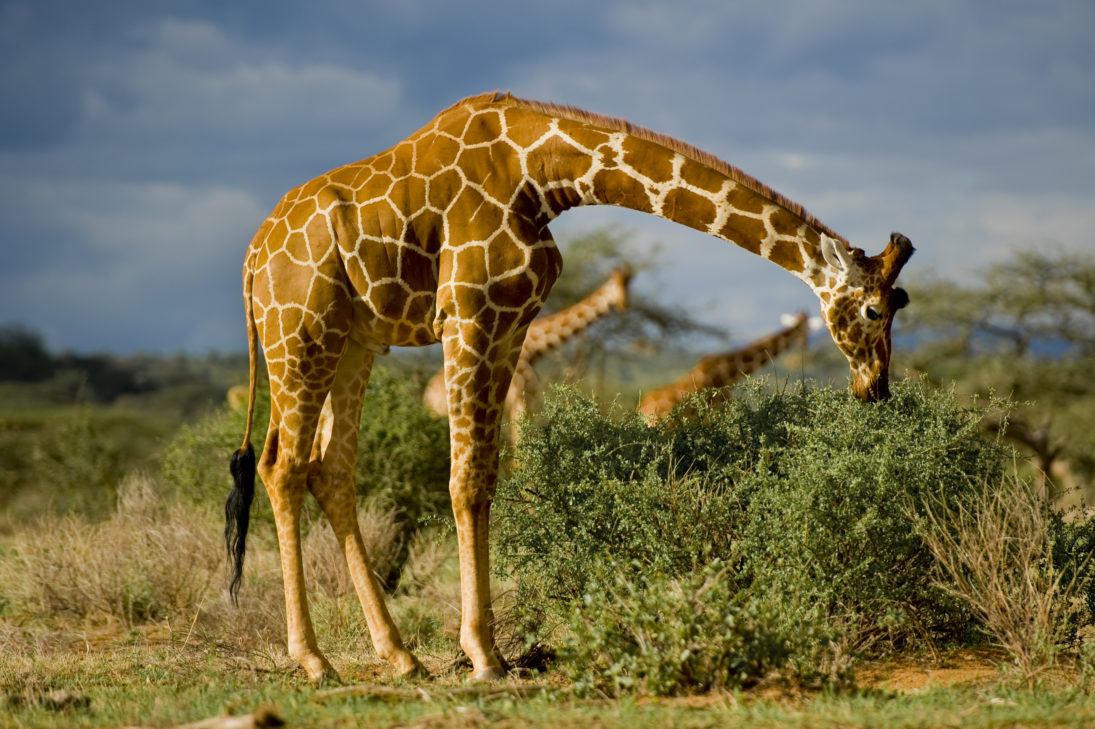
Giraffes
Giraffes
Organization: Somali Giraffe Project
Location: Kenya and Somalia
Somali Giraffe Project
The International Union for the Conservation of Nature (IUCN) elevated the reticulated giraffe, also known as the Somali giraffe, from “Vulnerable” to “Endangered” in 2018, reflecting a population decline of some 80% over the previous 30 years, mainly due to habitat degradation and poaching. The Somali Giraffe Project, led by The Hirola Conservation Program, is dedicated to saving the reticulated giraffe in areas along the Kenya-Somalia border, where they are working closely with indigenous communities, addressing ecological knowledge gaps and threats to provide a road map for their recovery in this conflict stricken region. Donate to support giraffes via The Hirola Conservation Program.

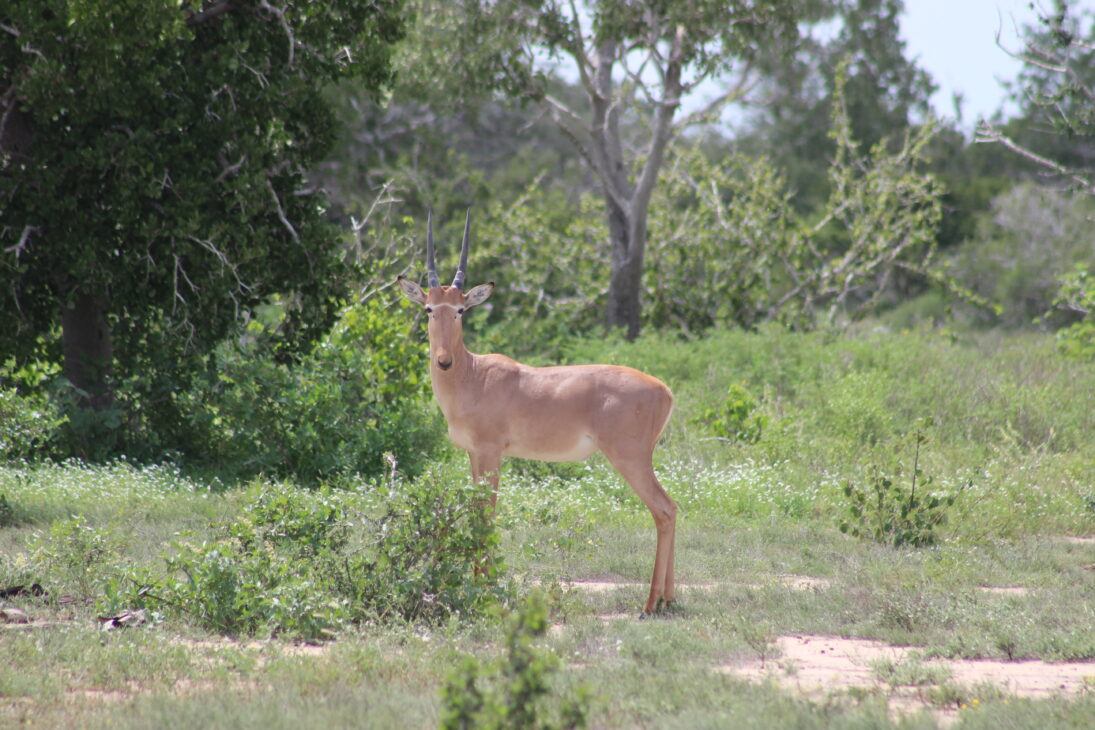
Hirola
Hirola
Organization: Hirola Conservation Program
Location: Kenya
Hirola, one of the world’s rarest antelope, have large tawny bodies and dark glands under their eyes used to mark their territory. With a global population size of fewer than 500, they face many threats such as habitat loss, competition with livestock and predation. In the same rangeland, the Somali giraffe’s population has declined by 80% since the 1980s. The Hirola Conservation Program (HCP), an indigenous led, non-profit organization, is restoring critical habitat, addressing threats such as poaching, diseases, and infrastructural development to conserve both of these magnificent species in eastern Kenya. HCP’s founder and Executive Director, Dr. Abdullahi Ali, presented at WCN’s Expo in 2021. Donate to support their work on hirola.

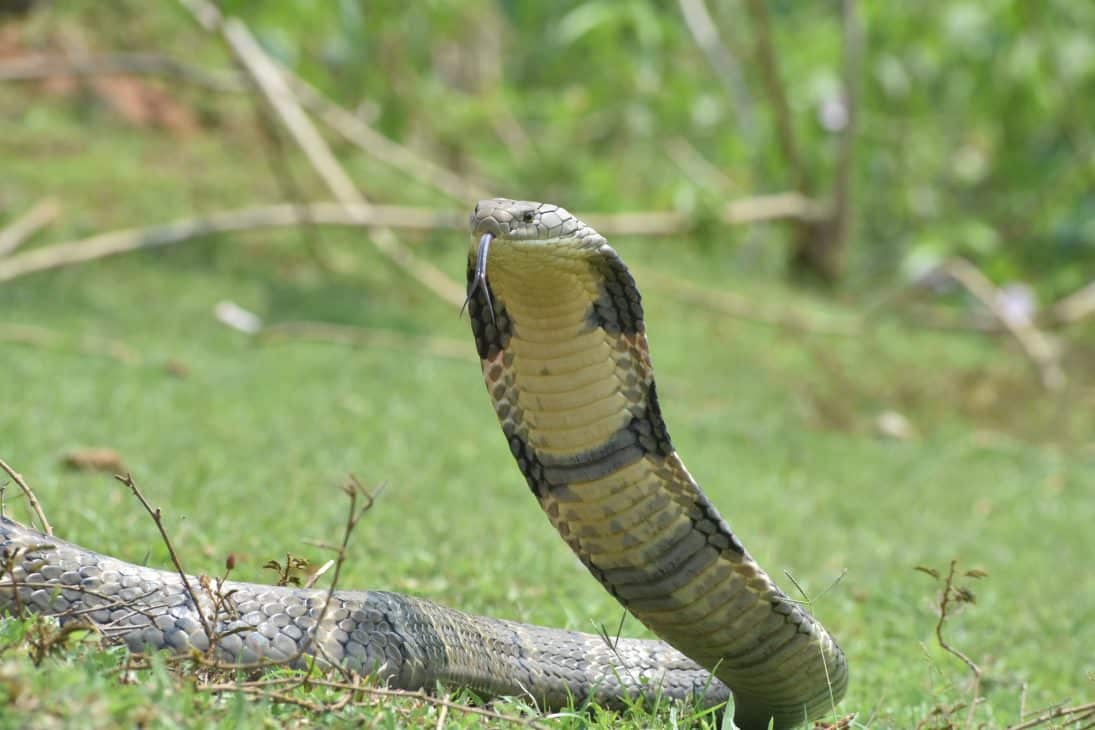
King Cobra
King Cobra
Organization: Eastern Ghats Wildlife Society (EGWS)
Location: India
The Eastern Ghats Wildlife Society (EGWS) is a non-profit organization that promotes community-based wildlife conservation in the Eastern Ghats region of South India through education, conservation-oriented research, public participation, institutional capacity building and sustainable development. King cobras are apex predators, indicative of the health of its overall ecosystem. Once believed to be locally extinct in India’s Eastern Ghats region, until the Eastern Ghats Wildlife Society (EGWS) began documenting consistent reports of king cobra conflicts across the region in 2008. In response, EGWS pioneered a unique “Snake Savior” program to train select community members in rescuing king cobras from human habitations and conserving its natural habitat in collaboration with the Andhra Pradesh Forest Department. Donate to help EGWS ensure king cobras and other wildlife thrive and are culturally valued with harmonious human coexistence.

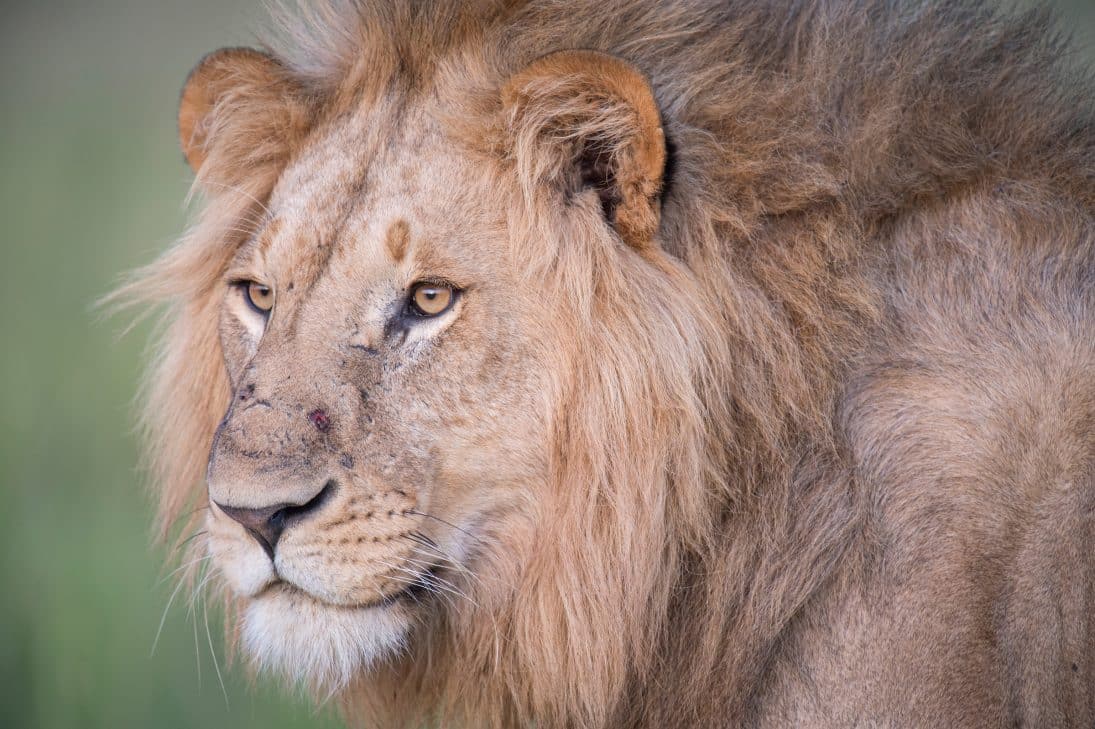
Lions - Maasai
Lions - Maasai
Organization: South Rift Association of Landowners (SORALO)
Location: Kenya’s South Rift Valley (Maasai Mara and Amboseli)
South Rift Association of Landowners (SORALO) is a community-based and community-driven land trust established in 2004 to unite 16 Maasai communities in the management and security of their landscape. They work in Kenya’s South Rift Valley, a bridge between the Maasai Mara and Amboseli. In this area, local Maasai communities have lived with their livestock alongside wildlife, forests, and grasslands, maintaining a landscape of exceptional biological and cultural diversity. This rangeland hosts one of the richest large mammal populations on earth, including both wildlife and livestock. This co-existence is enabled primarily by the communal and semi-nomadic form of local land use, which encourages mobility to ensure survival. Today, this is an increasingly threatened landscape, confronting a growing population, a culture in transition, and land use changes that threaten both wildlife and their livestock. Donate to support the rangelands of Kenya’s South Rift Valley.

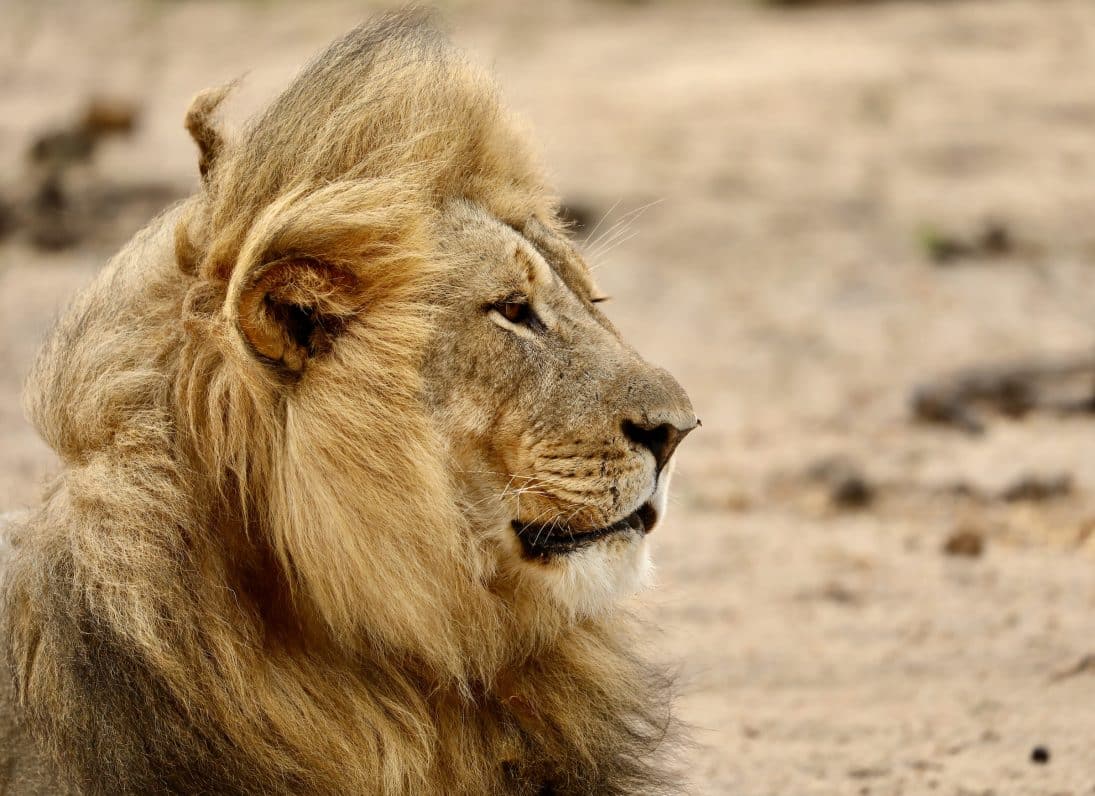
Lions - Zimbabwe
Lions - Zimbabwe
Organization: Wildlife Conservation Action (WCA)
Location: Zimbabwe
Founded in 2019, Wildlife Conservation Action (WCA) promotes human-wildlife coexistence in Zimbabwe’s critical wildlife areas. Wildlife in Zimbabwe are facing pressing threats due to habitat loss, climate change, and conflict with humans. By integrating indigenous knowledge and scientific expertise, WCA partners closely with communities to craft effective solutions for human-wildlife conflict, benefitting both livelihoods and wildlife, especially key species such as lions and elephants. Donate to help WCA raise awareness of human wildlife conflict, advise farmers on fortifying livestock enclosures, monitor wildlife movements, and collaborate with the broader conservation and community associations for greater impact.

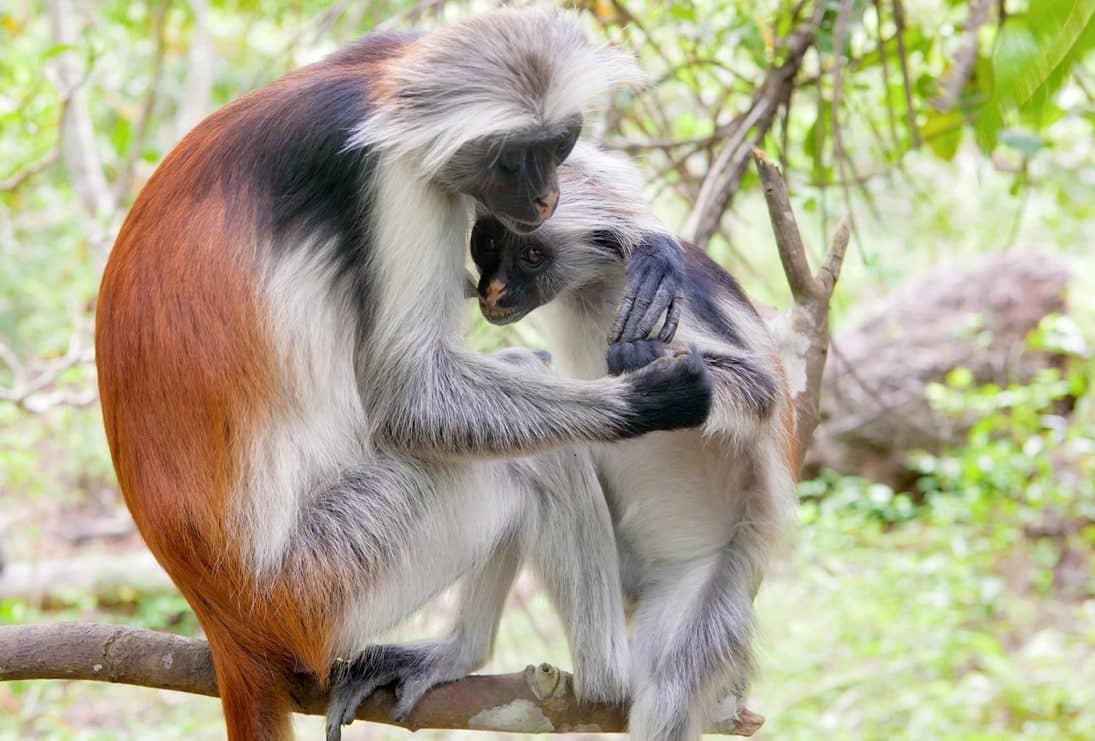
Niger Delta Red Colobus Monkey
Niger Delta Red Colobus Monkey
Organization: SW/Niger Delta Forest Project
Location: Nigeria
With just a few hundred left in the wild, the Niger Delta Red Colobus Monkey, known only to occur in the central Niger Delta, is critically endangered. For a forest-dependent species and with a leaves-based diet, this red colobus survival is dependent on undisturbed swamp forests, but its habitat overlaps with one of the highest human population densities in the world. The SW/Niger Delta Forest Project is a passionate team striving to become a force of change for biodiversity conservation in Nigeria. Donate to help preserve the Niger Delta Red Colobus Monkey’s fragile forest habitat against all odds.

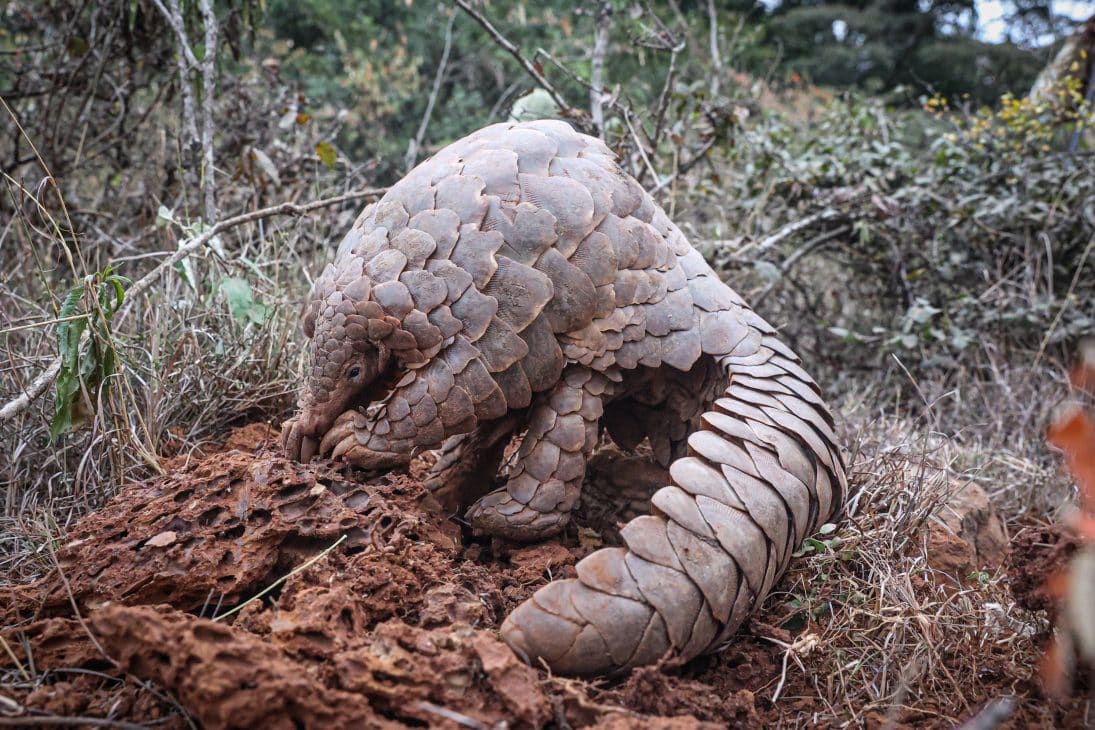
Pangolin - Kenya
Pangolin - Kenya
Organization: The Pangolin Project
Location: Kenya’s Nyekweri Forest
The Nyekweri Forest in Kenya is the last stronghold of the Giant Ground Pangolin, the world’s most trafficked mammal. Only 30 individuals remain, facing imminent threats from electric fencing, habitat destruction, and poaching. By supporting The Pangolin Project, your donation will help remove deadly electric fences that are killing pangolins, stop deforestation in the 10,000 hectares of the Nyekweri Forest, home to elephants, giraffes, and over 25% of the bird species in the Greater Mara Ecosystem, and enable local communities to become the stewards of this biodiversity, ensuring that conservation supports livelihoods and future generations. Donate now to support pangolins in Kenya.

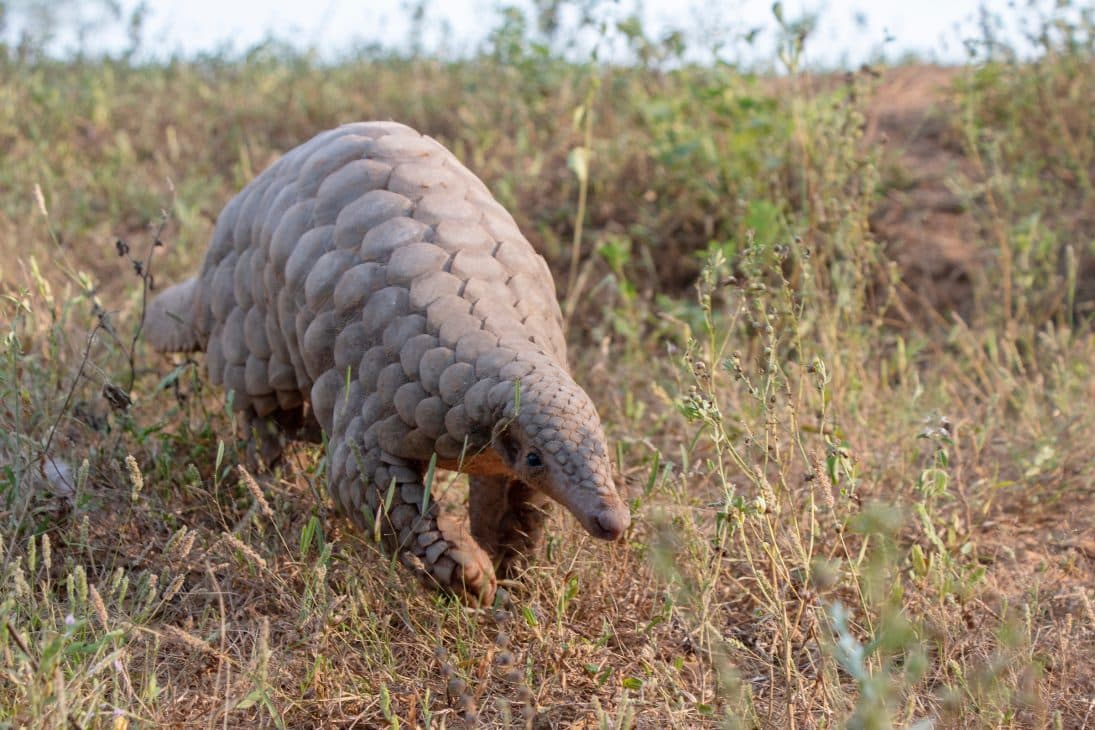
Pangolins - Nepal
Pangolins - Nepal
Organization: Greenhood Nepal
Location: Nepal
When threatened by natural predators, pangolins have evolved to quickly curl into a ball, using their scales for protection. Unfortunately, this technique makes them vulnerable to human capture for the rampant and illegal international trade in pangolin products, which is drastically driving down their numbers throughout Southeast Asia. Greenhood Nepal reduces threats to wildlife, including the Chinese and Indian pangolin species, in ways that respect local communities, embrace science-led action, and empower others to safeguard
nature. Donate to support pangolins.

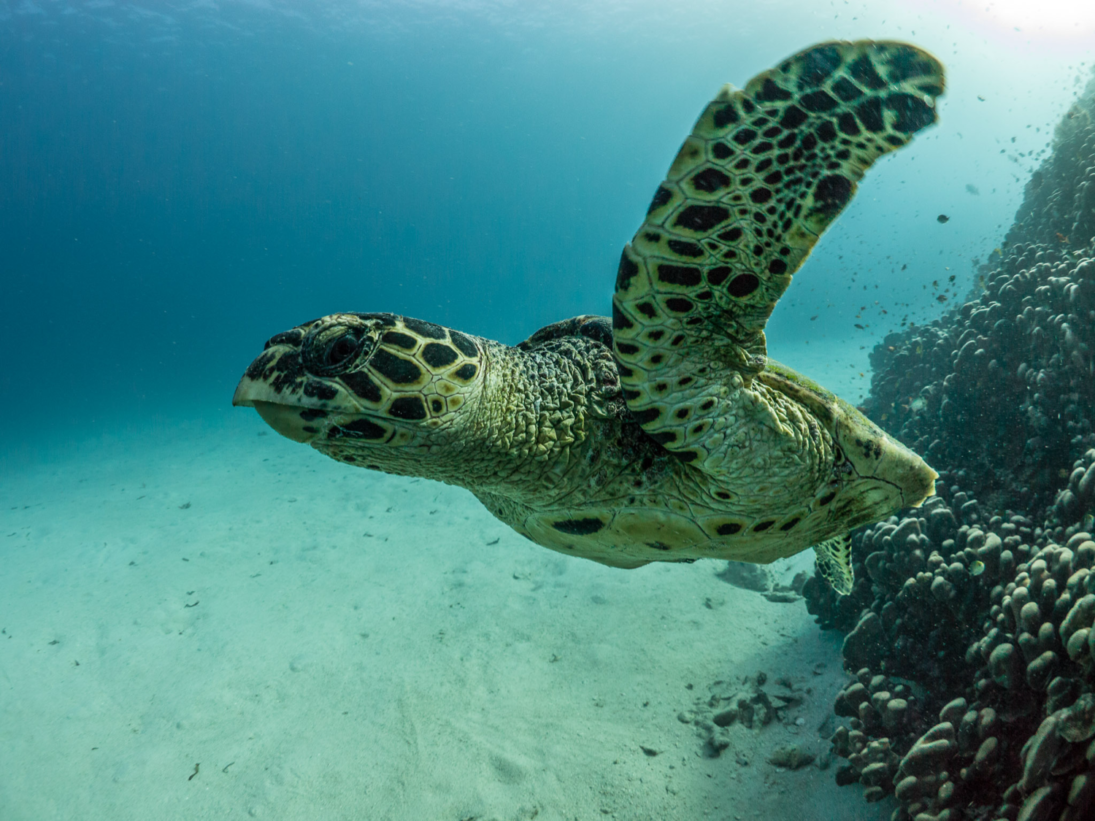
Sea Turtles
Sea Turtles
Organization: Sea Sense
Location: Tanzania
Sea Sense is an NGO that works closely with coastal communities in Tanzania to conserve and protect endangered marine wildlife, including sea turtles, dugongs, whales, dolphins, and whale sharks. These species and their habitats face a very uncertain future, mostly due to human activities in coastal zones. Sea Sense has recruited and trained a network of over 60 Conservation Officers to act as ambassadors in their villages and serve as a vital link between Sea Sense and the wider community. Activities focus on research and conservation, education and capacity development, sustainable livelihoods, and governance and leadership. Sea Sense projects are specifically designed to address the root causes of the degradation of marine and coastal ecosystems. Sea Sense presented at WCN’s Fall Expo in 2021. Donate to support their work on sea turtles.

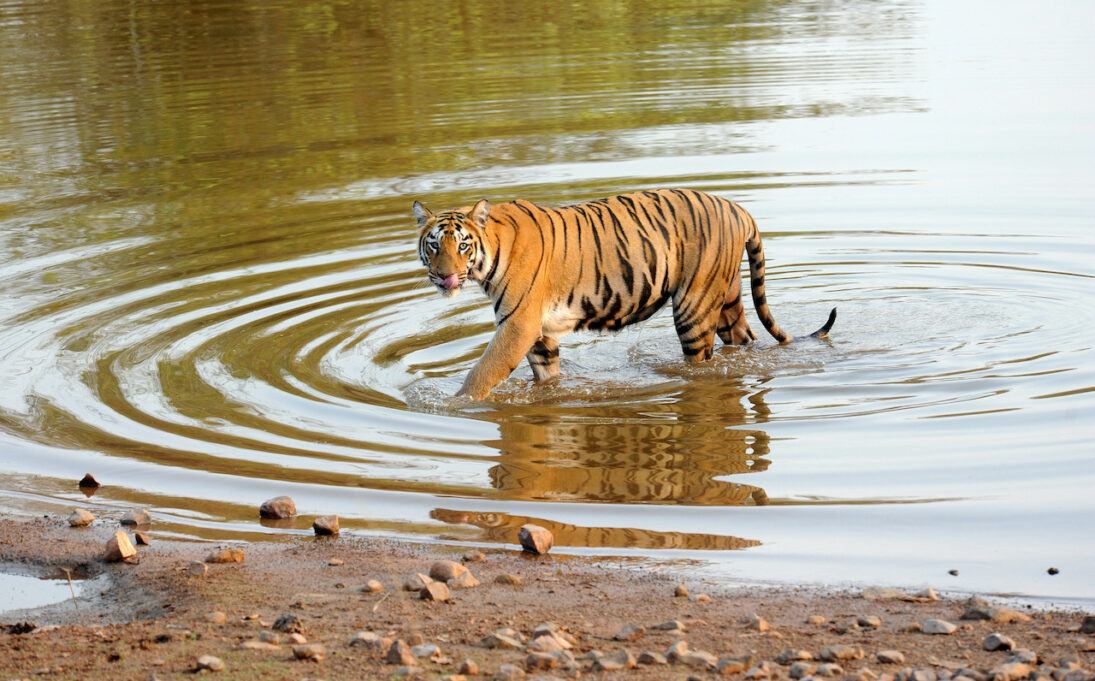
Tigers - Tadoba
Tigers - Tadoba
Organization: Tiger Research and Conservation Trust
Location: Papua India
The wild tiger is an ambassador for the ecosystems it occupies. Without its presence, the delicate balance of nature is disrupted. Over the last century, global wild tiger populations have suffered a severe decline, now making them one of the most endangered big cats in the world. Tiger Research and Conservation Trust (TRACT) was founded in 2001 in India to focus on the conservation of wild tigers and their habitat. They believe in working at the grassroots level with local communities and the managers and policy makers of Central India’s forests to implement peaceful and continued cohabitation. This also protects other large carnivores in buffer forests and forested corridors. TRACT presented at WCN’s Fall Expo in 2021. Donate to support their work on tigers.

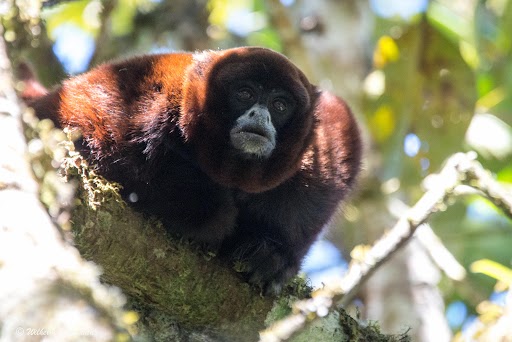
Yellow-tailed Woolly Monkey
Yellow-tailed Woolly Monkey
Organization: Yunkawasi
Location: Peru



